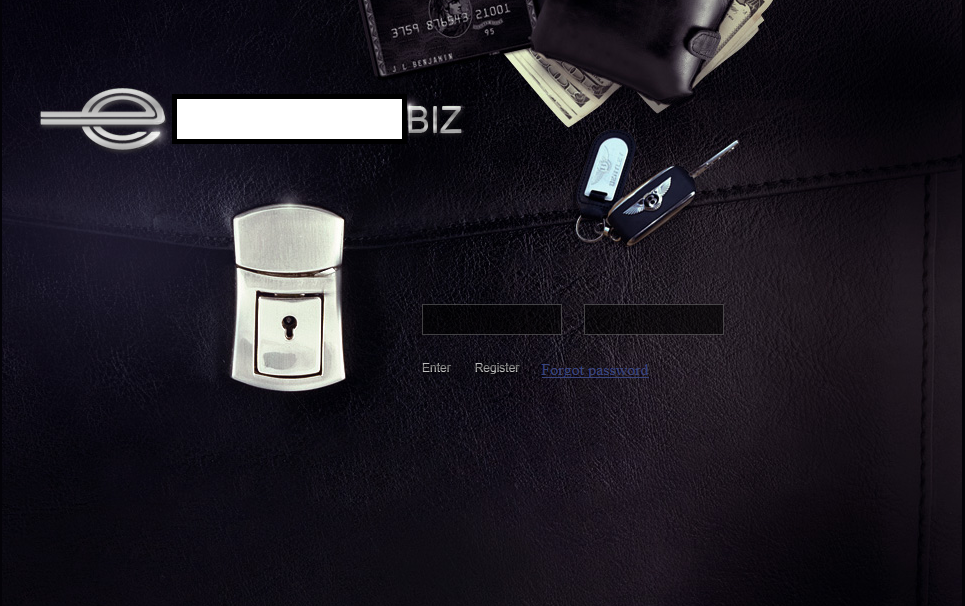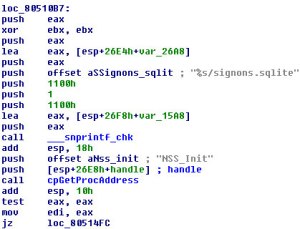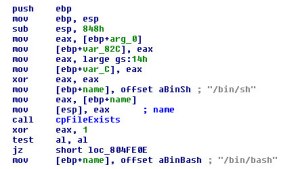What happens once a cybercriminal has managed to obtain access to your credit card data by either compromising an insecure database, or through crimeware dropped on an affected host? Would he purchase blank plastic and holograms and embed the stolen data in an attempt to cash out as much money as possible, or would he look for alternative “risk forwarding” tactics to earn revenue while preserving his security and anonymity in the process?
It depends on the cybercriminal in question. In this post, I’ll profile a recently launched E-shop offering complete access to stolen credit cards data primarily belonging to U.S citizens.
More details:













